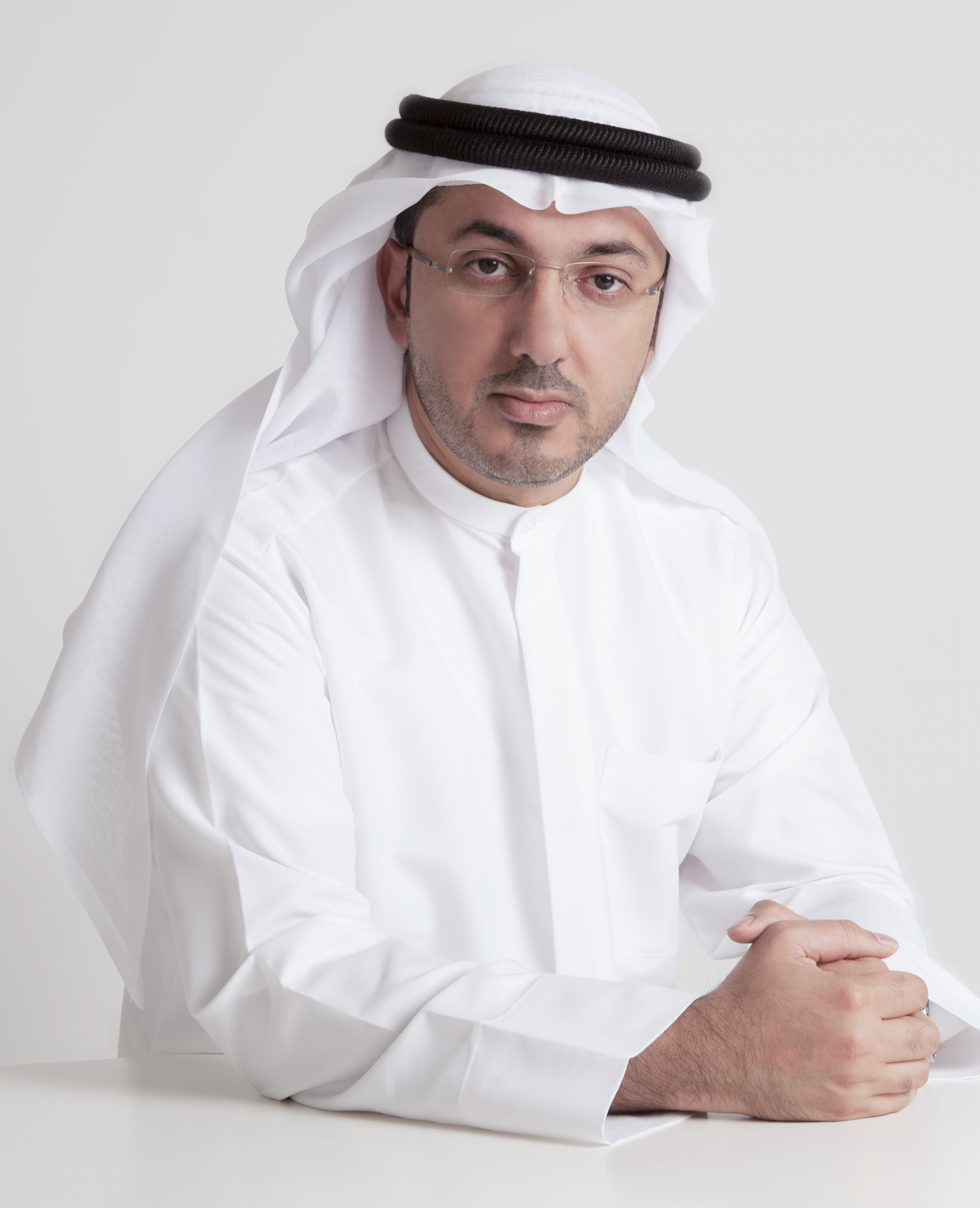INTERVIEW-‘We are preparing a Shariah-compliant repurchasing platform for short-term financing’ - Nasdaq Dubai CEO
The government of Dubai launched the ‘Dubai Global Sukuk Centre Initiative’ in February 2013 as part of the emirate’s goal to be the Capital of the Islamic Economy. The aim is to transform Dubai into a ‘leading global hub for the issuance, listing, and trading of sukuk’.
There are two exchanges in Dubai where sukuk can be listed – Nasdaq Dubai and Dubai Financial Market -- with the former attracting more sukuk listings. In July this year Dubai reached a milestone when the volume of listed sukuk on both exchanges overtook rival sukuk listing centres Malaysia, Ireland and London.
Salaam Gateway asks the CEO of Nasdaq Dubai, Hamed Ali, how such an achievement helps Islamic Economy companies, especially SMEs, which account for the overwhelming majority of all Islamic Economy businesses.
Salaam Gateway: In July this year it was reported that the volume of listed sukuk on Nasdaq Dubai and the Dubai Financial Market had overtaken Malaysia, Ireland and the UK. Many of the listings in 2014 were UAE government-related entities. Are there initiatives in place to encourage more sukuk listing from private sector companies?
Hamed Ali: In fact Dubai achieved the number one ranking, with a listed value of $36.7 billion, by appealing to the entire spectrum of issuers. These include many private sector entities as well as governments and government corporations.
Commercial businesses with sukuk listings on Nasdaq Dubai in the past two years range from the education specialists GEMS to Dubai-listed companies Emaar Malls and flydubai, as well as Dar Al Arkan of Saudi Arabia. In the same period we also welcomed sukuk from the governments of Hong Kong and Indonesia as well as UAE-based public sector corporations.
Our successful framework of global visibility, streamlined listing and wide investor access has been carefully created over many years and we are working to enhance it in all aspects for all issuers. Prompt responses to issuer needs in fast-moving markets are vital, for example.
As the international exchange in the heart of the Muslim world, we are well-positioned to reinforce our prominent role in the sukuk sector.
Salaam Gateway: You told local UAE press in July this year that Nasdaq Dubai wants to get retail investors interested in sukuk. How will Nasdaq Dubai do this?
Hamed Ali: We are working with the issuer community to achieve this goal. A key factor is the minimum sum that investors must commit; many issuers at the moment structure this at $100,000 or $200,000, which puts the market beyond the reach of retail players.
We need solutions that cut the minimum sum considerably, while still enabling issuers to create a competitive product. Broadening the sukuk market to retail investors will be a milestone in the continued success of the sector.
Salaam Gateway: In terms of numbers of companies, SMEs are the largest group across the global Islamic Economy. How do exchanges and platforms such as Nasdaq Dubai help Islamic Economy SMEs raise capital?
Hamed Ali: Medium-sized Shariah-compliant companies have already made successful use of our exchange to raise equity and sukuk capital.
We look forward to building further critical mass in both asset classes, including for family businesses, providing a patform where large numbers of medium-sized companies seeking Islamic solutions form a thriving market together.
This in turn will make Nasdaq Dubai a focus for investors looking for Islamic assets. Dubai’s drive to become the global Capital of the Islamic Economy, in all matters ranging from financial expertise to standards and certification, creates the ideal environment for this market to grow.
Salaam Gateway: We’ve entered into an era of low oil prices leading to shrinking government budgets of oil-exporting economies. How has this impacted trading and investment activity in the GCC and MENA region, especially with regards the Islamic Economy?
Hamed Ali: Dubai and the UAE have for many years pursued a policy of industry diversification that has greatly expanded the non-oil sector. Indeed Nasdaq Dubai plays a significant role in this policy by promoting investment and capital-raising by dynamic companies in sectors ranging from infrastructure and transport to construction and finance.
Cyclical ups and downs will always occur but the underlying trend for Dubai remains very positive in both the Islamic and conventional spheres.
Salaam Gateway: How will Nasdaq Dubai respond to this new era in order to continue being relevant and useful for Islamic Economy businesses?
Hamed Ali: We are committed to a number of initiatives. These include expanding our successful Murabaha financing platform, which opened last year and provides retail and corporate users with an efficient, fast and flexible service that is a real alternative to traditional solutions, such as commodities.
We are also preparing to set up a Shariah-compliant repurchasing platform for short-term financing, with the support of leading Islamic finance sector institutions. And our debt trading platform, especially for sukuk, has the potential to become a liquid and transparent marketplace as the trading environment matures.
© Copyright SalaamGateway.com 2015
